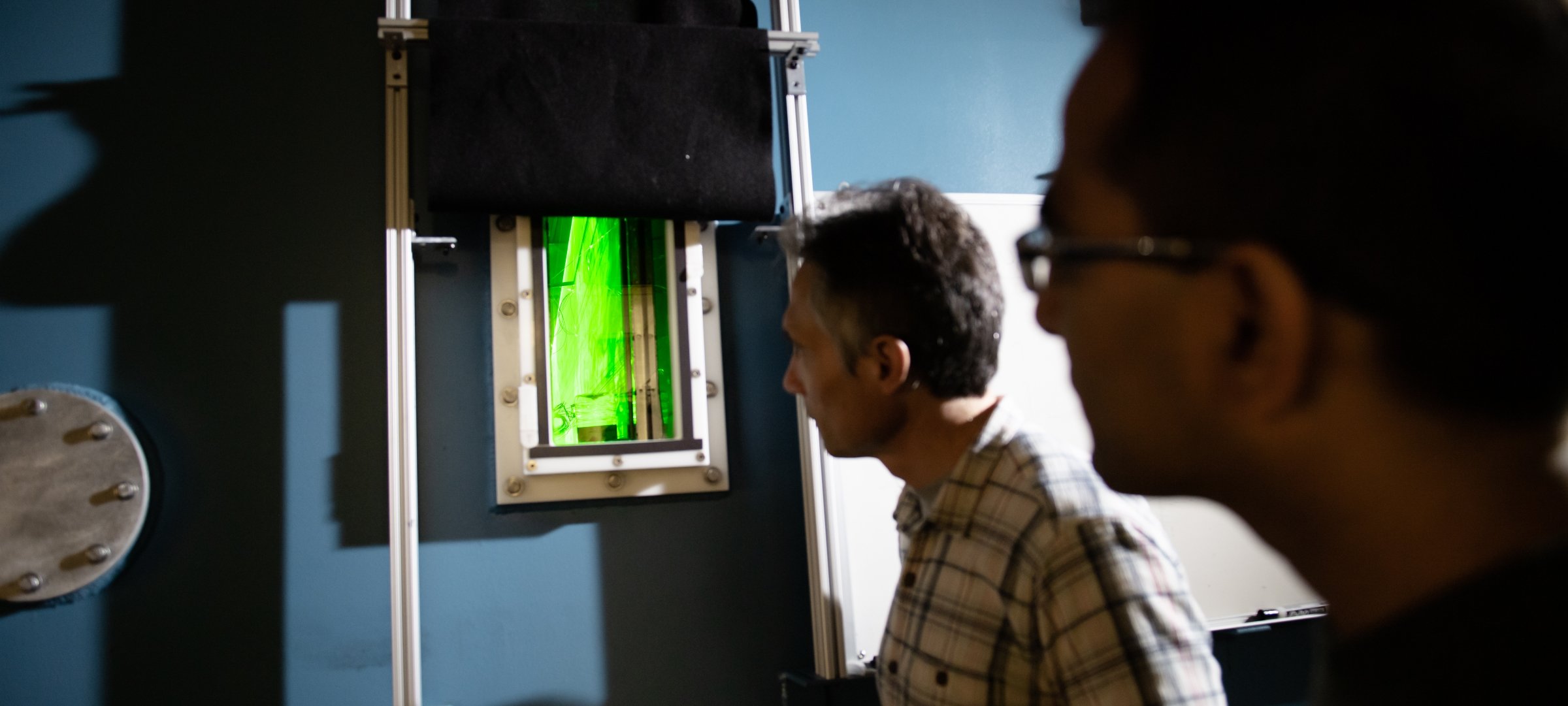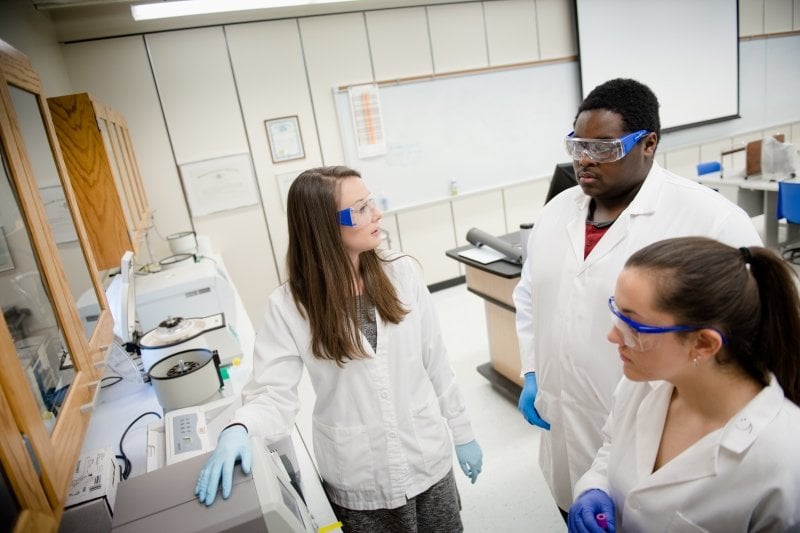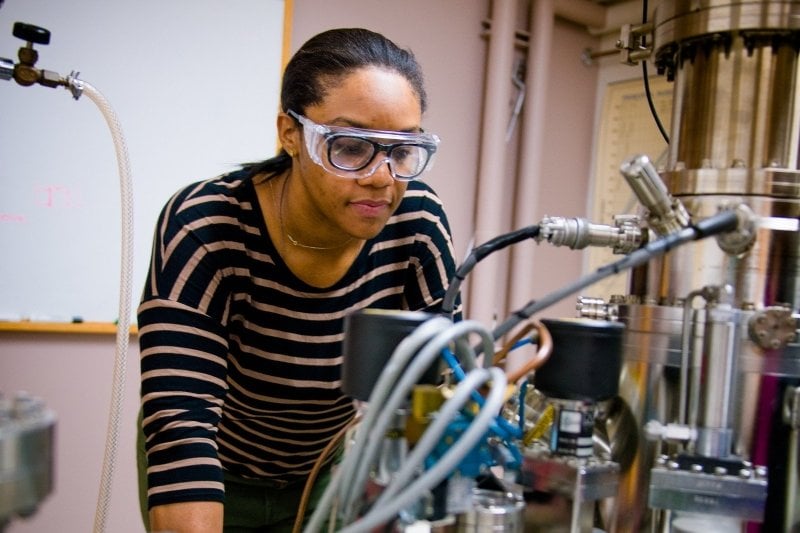Discover how the universe works.
Physicists strive to discover more about the way our world works—from the smallest particles to the largest galaxies. Explore the physical properties behind the behavior of the universe through a curriculum that prepares you for graduate school and a future in academia and research.
Request Information
Form loading . . .
Use the AMJOCH Observatory, which is equipped with a computer-controlled Meade 16" LS-200 telescope, complete with the ST-8 CCD camera and UBVRI filter. Generate clouds and study atmospheric physics with the Pi Cloud Chamber. Join the Society of Physics Students, a national professional organization. Conduct your own research or work directly with faculty mentors on research projects involving cloud physics, materials and laser physics, and integrated magneto-photonics. You can even get paid for your research—as early as your first year.
Choose from either a Bachelor of Arts (BA) or a Bachelor of Science (BS). As a BA major, you’ll have a liberal arts degree that provides you with a foundation in physics while also allowing you to pursue other interests. If you’re looking to continue on to grad school or a career in a physics field, the BS degree is your best option. Then, choose a focus area in astrophysics, atmospheric physics, computational physics, experimental physics, or computational biophysics. You'll be prepared for lab- and research-based career paths or for careers in other areas like law or business.
"The Michigan Tech physics department is like a community. Everyone is willing to help you with physics questions, research questions, or anything you need."
Learn more about physics at Michigan Tech!





